Join Us
This page and the content has been automatically generated for you to give you a basic idea of how a “Join Us” page should look like. You can customize this page however you like it by editing this page from your WordPress page editor.
If you end up changing the URL of this page then make sure to update the URL value in the settings menu of the plugin.
Free Membership
You get unlimited access to free membership content
Price: Free!
Link the following image to go to the Registration Page if you want your visitors to be able to create a free membership account

You can register for a Free Membership or pay for one of the following membership options
[ ==> Insert Payment Button For Your Paid Membership Levels Here <== ]

